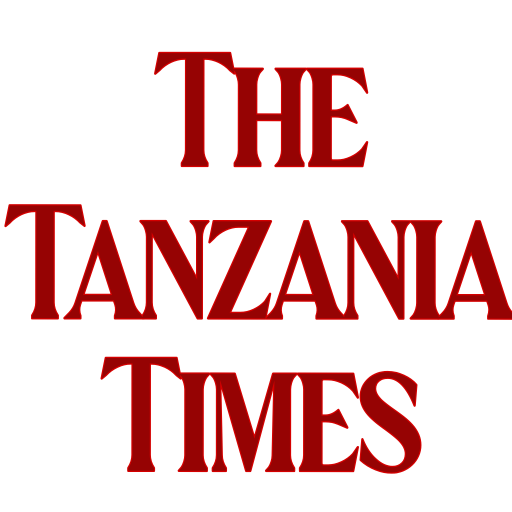Clashes are still being reported in North and South Kivu Provinces of the Democratic Republic of Congo.
And this is despite the recent Doha Ceasefire Agreement and the recent signing of the Declaration of Principles between DR Congo and Rwanda.
Fighting and violent clashes between the Congolese armed forces (FARDC) and the coalition of the Congo River Alliance (AFC) and March 23 rebels are heating up again in eastern Democratic Republic of Congo, according to reliable reports from Goma.
And this is even after the Congolese government and the combined AFC and M23 rebellion, under the auspices of the Emir of Qatar, signed a joint declaration in which both parties committed to ‘working towards the conclusion of a truce,’ with a view to an effective ceasefire.
Sounds of gunfire have still not gone silent in the provinces North and South Kivu, where fighting continues, undermining diplomatic efforts including a “Declaration of Principles” signed between DR Congo and Rwanda in Washington over the weekend.
During the declaration each country was supposed to recognize each other’s sovereignty and commit to no longer supporting armed groups.
In South Kivu, the AFC and M23 rebels have just captured the center of Kaziba in Walungu territory following an attack launched onto the area by the Wazalendo troops and the FARDC.
Violent fighting also broke out last weekend in Irhambi-Katana area between the Wazalendo and the coalition of AFC and M23.
At the same time, the rebels are also strengthening their positions in the territories of Kabare and Kalehe.
In North Kivu, rebels withdrew from their forward position in Kibati to Walikale.
However, in Masisi, they engaged in fierce fighting against the Alliance of Patriots for a Free and Sovereign Congo (APCLS) fighters along several axes in the Osso Banyungu sector.
The APCLS is traditionally active in Masisi Territory of North Kivu and is considered to be one of the largest Mai-Mai (local or ethnic militia) groups operating in the province, drawing most of its support from the Hunde ethnic group.
The lack of trust and mistrusts between the two parties, on the part of the Congolese government especially, and the absence of a ceasefire monitoring mechanism as well as an interposition force, risk compromising ongoing diplomatic efforts.



